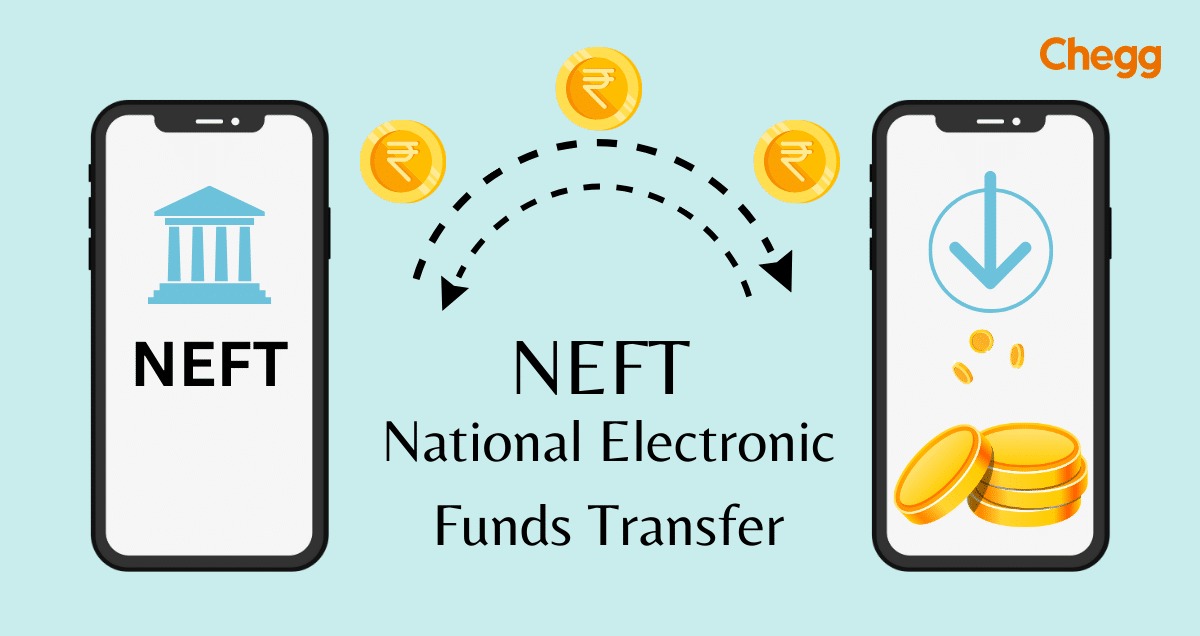RTGS-NEFT
NEFT, or National Electronic Funds Transfer, is a widely used electronic funds transfer system in India, enabling secure and efficient electronic fund transfers between banks.
Objective: The Reserve Bank of India (RBI) manages the NEFT system, which facilitates electronic fund transfers between banks within India.
Availability: NEFT, a national-level system, is a platform that facilitates interbank electronic funds transfers across India.
Transaction Limits: NEFT transactions have limits, but banks can impose their own restrictions. RTGS (Real-Time Gross Settlement) may be more suitable for higher amounts.
- Transaction Timing: NEFT operates in hourly batches during the working hours of banks. As of my last knowledge update in January 2022, NEFT operates in 48 half-hourly batches, including on Saturdays.
- Transaction Processing: NEFT transactions are processed in batches, with actual fund transfers deferred and settlements occurring hourly, resulting in delayed credit to recipient accounts.
- Transaction Charges: Banks may charge a nominal fee for processing NEFT transactions, varying based on the bank and the amount being transferred, and some banks offer free services for certain accounts.
- NEFT is commonly used for various purposes, including salary payments, bill payments, fund transfers between individuals, and other types of non-time-sensitive transactions.
The term “RTGS” may be an error, as it refers to Real-Time Gross Settlement, an Indian funds transfer system that enables instantaneous money transfer between banks.
Objective: RTGS is a system designed for large-value, time-critical interbank fund transfers, ensuring real-time, gross transactions without netting with other transactions.
Transaction Limits: RTGS is commonly utilized for high-value transactions, with no upper limit as of January 2022, though individual banks may set their own limits.
Availability: RTGS operates during bank working hours on weekdays and half-day on Saturdays, but not on Sundays or bank holidays, with exact working hours varying by bank.
- Transaction Processing: RTGS transactions are processed continuously, ensuring real-time settlement of funds, resulting in instant credit to the recipient’s account upon successful completion.
- Transaction Charges: Banks typically charge fees for processing RTGS transactions, which may vary based on the amount being transferred and the bank’s policies.
- Customer Identification: RTGS transactions necessitate the sender to furnish the recipient’s bank account number, branch, and the Indian Financial System Code (IFSC) of the bank branch.





 Registered with DICGC
Registered with DICGC


